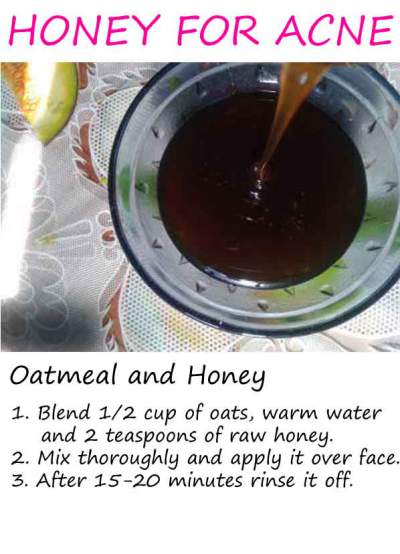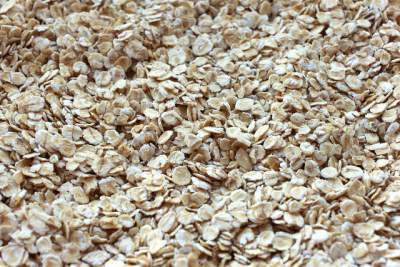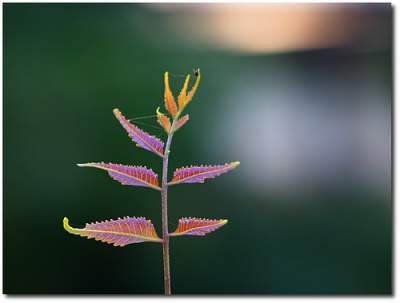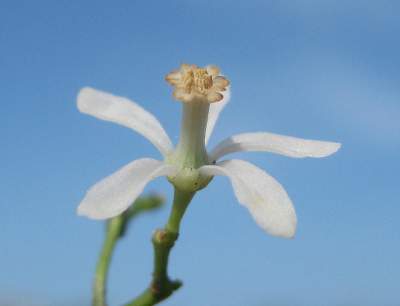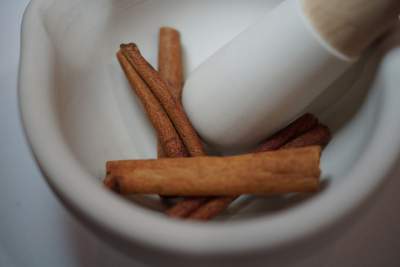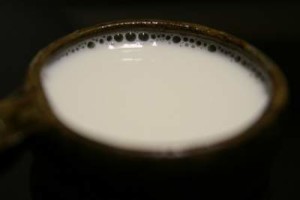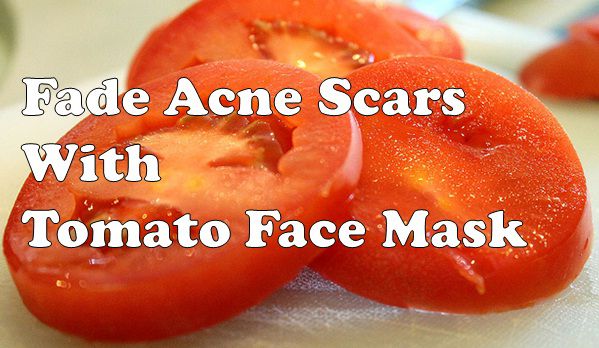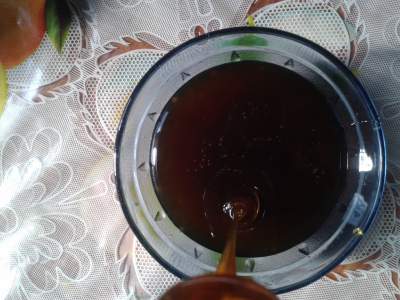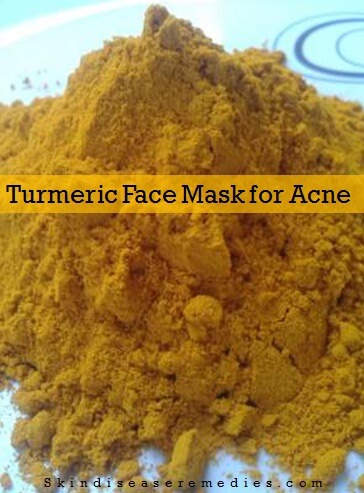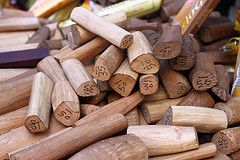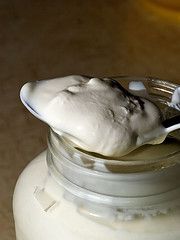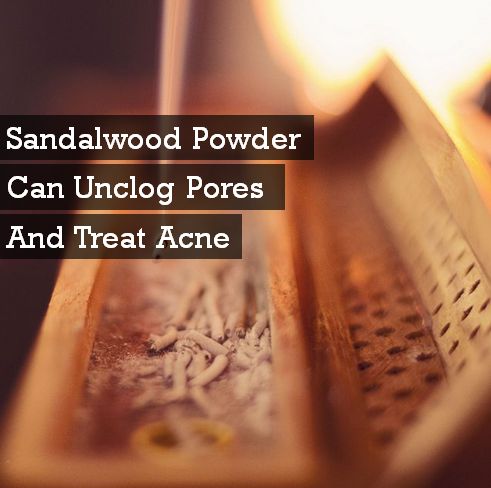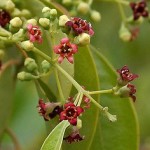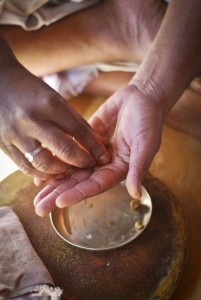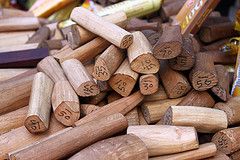Benefits of honey are documented in many religious books. Though it is mostly considered for losing weight, raw honey can make your skin glow and supple when used topically.
Its nutritional benefits enticed cosmetic world to incorporate it into their pricey products. However, most of them are processed or refined. Experts recommend raw honey because it is packed with high nutritional values. So next time you visit a store, see for raw labeled on the bottle.
Honey is good for acne because of its antiseptic, antimicrobial and anti-inflammatory properties. These agents restrain bacterial growth, controls excess sebum production and stimulate fast healing. There is no single honey mask recipe for acne; you can add different natural ingredients to raw honey.
Before dwelling deep into benefits of honey for acne, lets checkout the causes of acne.
What Causes Acne?
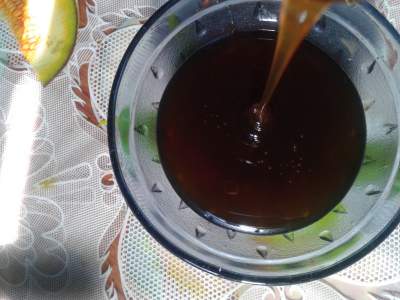 Mostly the age groups between 12 – 25 are seen with acne vulgaris. Experts hold inflammation to be main cause behind these lesions. Sebaceous glands secrets sebum (natural oil) to keep the skin moist and smooth, but due to hormonal imbalance in puberty excess sebum is produced that clogs at pores with dead cells accumulated over it. Bacterial infection takes this to next level by increasing inflammation.
Mostly the age groups between 12 – 25 are seen with acne vulgaris. Experts hold inflammation to be main cause behind these lesions. Sebaceous glands secrets sebum (natural oil) to keep the skin moist and smooth, but due to hormonal imbalance in puberty excess sebum is produced that clogs at pores with dead cells accumulated over it. Bacterial infection takes this to next level by increasing inflammation.
So, excess sebum production, bacteria and dead cells are main causes of acne or pimples.
Cosmetic creams include chemical ingredients, which may stripe natural oil covering your skin and they can’t reach the root level of acne vulgaris.
Whereas, on the other hand natural remedies are inexpensive and they can penetrate deep into the skin to treat acne. It may take more time when compared to creams, but the result last for long time.
Why Is Honey Good for Acne?
Raw honey is packed with assorted nutrients that make it an excellent remedy for acne. This is why many anti-acne products include honey as vital ingredient. Apart from treating acne, humectant property in honey locks moisture over your skin.
- Antioxidant activity of honey kills free radicals that damage cell membrane.
- Antibacterial property restrains acne causing bacteria and condemns its infection.
- Inflammation around acne lesions can be reduced by anti-inflammatory activity of honey.
- Further, its antiseptic property stops fungal and bacterial infection over busted pimples.
- Sticky nature of honey face mask attracts dead cells and impurities piled over your skin.
- Probiotic agents in this remedy stop further acne breakouts.
- Humectant property prevents excess production of sebum and hydrates the skin from outside.
- Vitamins like B2, B3 and C residing in this homemade honey face mask can stop wrinkles and enhance collagen production.
- Minerals including Calcium, Zinc, Iron and Selenium works to improve your skin texture. (source)
You can eat honey to treat acne and other skin ailments. Apart from this, internal use of honey can decrease cholesterol level, as minerals in this innate remedy improve digestion and metabolizing fatty acids.
Sugar in honey can be easily absorbed in blood, thus it improves digestion. Although it has many health and beauty benefits, you’re advised to take not more than 10 table spoon of honey every day. (However, the quantity may alter depending on your life style.)
How to Use Honey for Acne?
There are different types of honey available in the market, prefer raw honey or manuka honey to treat acne. As they are packed with more nutrients compared to other types.
You can directly apply honey over acne lesions but to make it more effective you can optionally add other natural ingredients. Let’s now check out various recipes that prove honey is good for acne.
1. Raw Honey
- Wash affected area with lukewarm water so that clogged pores open up.
- Pat dry and topically raw honey using cotton ball.
- Apply evenly all over the face and on forehead.
- Leave it to dry naturally for 15-20 minutes and then risen it off.
Best time to apply honey is before going to bed.
2. Honey and Nutmeg Face Mask
- Mix equal quantity of honey and powdered nutmeg in a clean bowl.
- Expose your face to steam or wash it with lukewarm water and pat dry.
- Apply the mask over affected part and leave it to dry naturally.
- Rinse it off after 15-20 minutes.
3. Cinnamon and Honey Face Mask for Acne
Cinnamon powder has wonderful aroma and packed with antibacterial properties. It’s helps to dry acne lesions and unclogs clogged pores.
- Mix equal quantities of honey and powdered cinnamon in a bowl.
- After mixing thoroughly apply it over washed acne blemishes.
- Rinse the mask with water after 20 minutes.
4. Honey and Oatmeal for Acne
Oats can be used to exfoliate dead cells and impurities accumulated over face. It also helps to control excess production of sebum.
- Mix finely grounded oatmeal with 2 teaspoons of honey and 1/4 cup of water.
- After washing the face with lukewarm water apply the face mask.
- Leave it for 15-20 minutes and then rinse it off with water.
Optionally, you can apply natural moisturizer after face mask treatment to hydrate your dry skin.
5. Lemon juice and Honey for Acne Scars
Lemon is renowned for antibacterial properties and lightens dark spots. Scars left after treating acne blemishes fades if treated regularly with this face mask.
- Take 2 table spoon of raw honey and add 2 drops of lemon juice.
- Mix thoroughly and apply it over prewashed face.
- Rinse it off after 20 minutes.
6. Honey and Turmeric Face Mask
Antiseptic and anti-inflammatory properties in turmeric powder can help to treat and fade acne scars.
- Mix 1 table spoon of raw honey to 1 pinch of turmeric powder in a clean bowl.
- Wash your face and pat dry.
- Now, apply the face mask evenly using your clean fingers.
- Rinse it off after 20 minutes.
- Decrease the quantity turmeric powder if you want to avoid yellow stains. Anyhow, those stains fade in few hours.
7. Honey and Sugar Face Scrub
- Mix raw honey with brown sugar thoroughly.
- Apply this mask over face to remove impurities and shed dead cells.
- Rinse it off with water.
- Avoid this mask if your pimples are painful.
You can use honey and olive oil for fading acne scars and avoid further acne lesions. Olive oil has abundant nutrients that can make your skin functioning healthy.
Avoid pressing or scratching on pimples, it may increase the infection. Once you see positive results, don’t stop using the honey for acne. Massage your face with olive oil or jojoba oil before going to bed.
- Honey good for acne only when you decided to use it consistently and follow a healthy lifestyle. Drink as much water as you can and give yourself good sleep.
- Stay away from chemical filled soaps and creams.
- All the home remedies take long time to see positive results.
- Avoid foods that can trigger acne inflammation, like sugar, dairy products, coffee, soy, bread, coconut oil and peanuts. (source)
- Cleanse your face twice to wipe impurities and millions of dead cells piled over your face.
Is honey good for acne, what’s your take on this article? Share your valuable views in comments.
